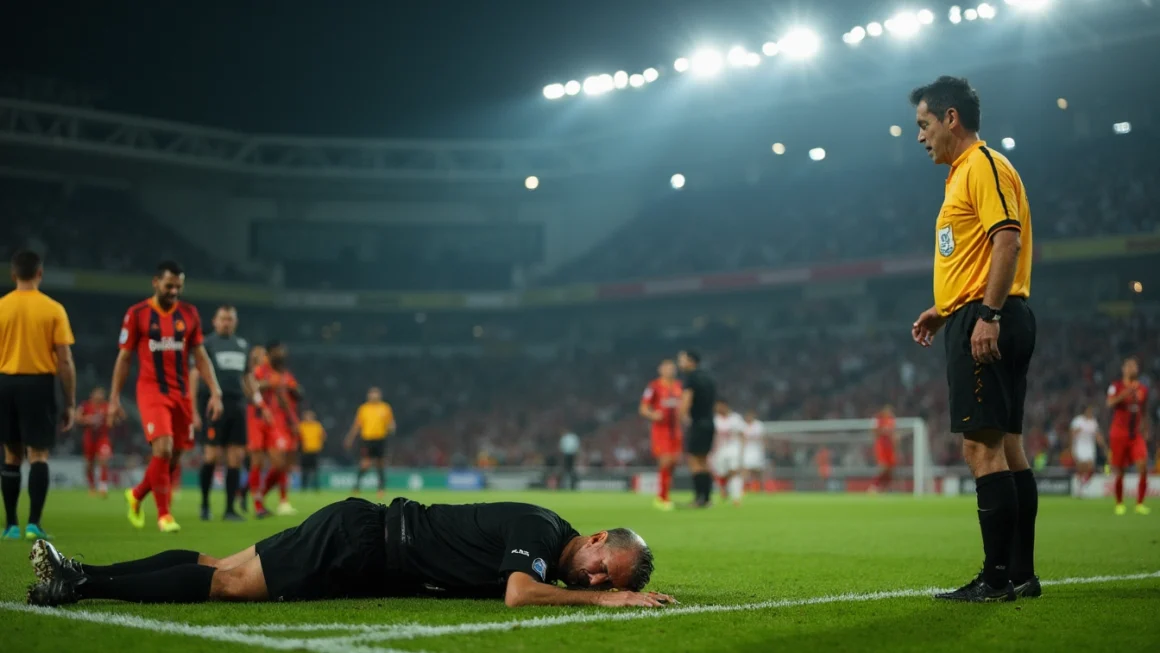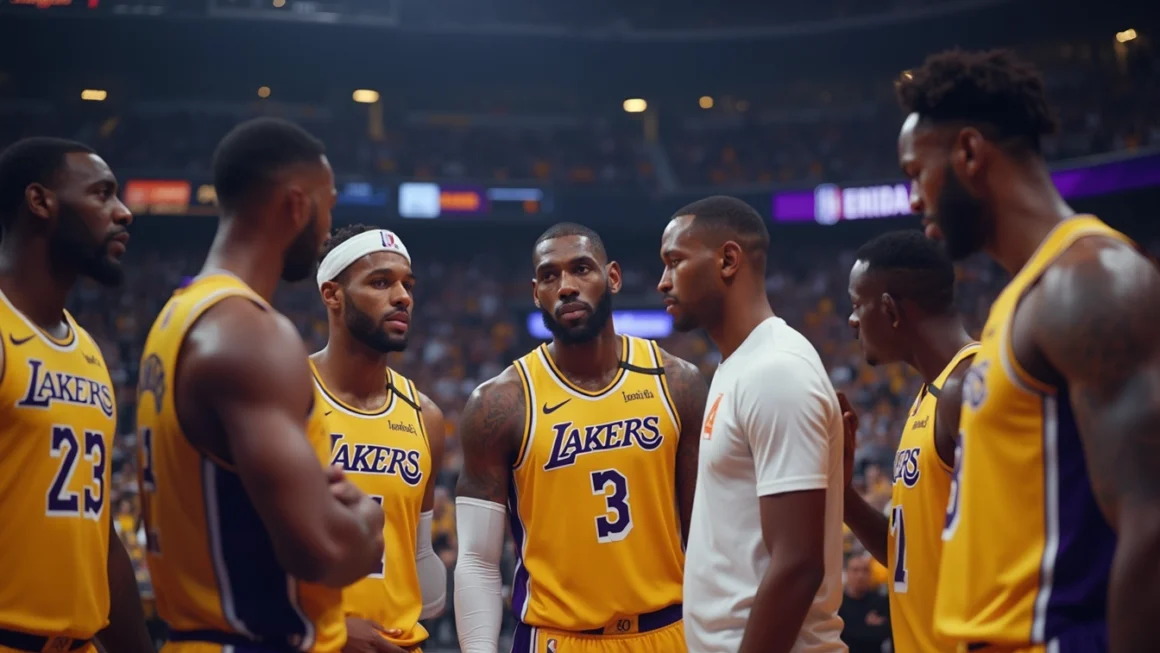The world of football was rocked by a shocking incident during a match between Turkish clubs Ankaragucu and Rizespor. In a disturbing turn of events, referee Halil Umut Meler was physically assaulted on the pitch, leading to widespread condemnation and swift action from Turkish authorities.
The Incident
Table of Contents
The attack occurred following the final whistle of a Super Lig match that ended in a 1-1 draw. Ankaragucu’s president, Faruk Koca, stormed onto the field and punched referee Halil Umut Meler in the face. The assault didn’t end there, as Meler was subsequently kicked while lying on the ground by others who had entered the pitch.
Immediate Consequences
The repercussions of this violent act were immediate and severe:
- All Turkish football leagues were suspended indefinitely
- Faruk Koca resigned from his position as Ankaragucu’s president
- Koca and two others were arrested
- The Turkish Football Federation (TFF) held an extraordinary meeting to address the incident
Government Response
The Turkish government responded strongly to the incident. Justice Minister Yilmaz Tunc announced that an investigation had been launched, emphasizing the seriousness with which the authorities were treating the matter. This swift response underscores the gravity of the situation and the potential legal consequences for those involved.
Impact on Turkish Football
This incident has cast a dark shadow over Turkish football, raising serious questions about safety and sportsmanship in the country’s sporting arena. The indefinite suspension of all leagues is a clear indication of how severely this attack is being viewed by football authorities.
Potential Long-term Effects
- Increased security measures at football matches
- Stricter penalties for violence in sports
- Potential reforms in football governance in Turkey
- Damage to the reputation of Turkish football internationally
The Broader Context of Violence in Football
Unfortunately, this incident is not isolated. Violence in football, particularly against referees, has been a persistent issue globally. This attack in Turkey serves as a stark reminder of the need for continued efforts to combat aggression and promote respect in the sport.
To address these recurring issues, sports organizations worldwide have been implementing various strategies. Automation tools are increasingly being used to enhance security measures and streamline incident reporting processes in sports events, contributing to safer environments for all participants.
The Role of Leadership in Sports
The involvement of a club president in this violent act raises serious questions about leadership in sports organizations. It highlights the need for:
- Stricter vetting processes for sports executives
- Mandatory ethics and behavior training for club officials
- Clear codes of conduct with severe penalties for violations
Referee Protection and Support
This incident also brings to the forefront the issue of referee safety and support. Referees play a crucial role in maintaining the integrity of the game, often under immense pressure. This attack underscores the need for:
- Enhanced security measures for match officials
- Stronger support systems for referees
- Harsher penalties for any form of aggression towards officials
Public Reaction and the Future of Turkish Football
The public reaction to this incident has been one of shock and condemnation. Fans, players, and officials across Turkey and internationally have voiced their support for referee Meler and called for stringent action against the perpetrators.
As Turkish football grapples with the aftermath of this incident, it faces a critical juncture. The actions taken in response to this attack will likely shape the future of the sport in the country. It presents an opportunity for meaningful reforms and a renewed commitment to the values of sportsmanship and fair play.
Conclusion
The attack on referee Halil Umut Meler is a stark reminder of the ongoing challenges facing football and sports in general. It highlights the need for continued vigilance, stronger governance, and a collective commitment to maintaining the integrity and safety of the beautiful game.
As the football world watches, the response to this incident will be crucial in determining the path forward for Turkish football. It’s an opportunity to implement lasting changes that could serve as a model for addressing similar issues in sports globally.
The coming weeks and months will be critical as authorities, football organizations, and the public work together to ensure that such incidents become a thing of the past, and that football remains a source of joy and unity rather than violence and division.




